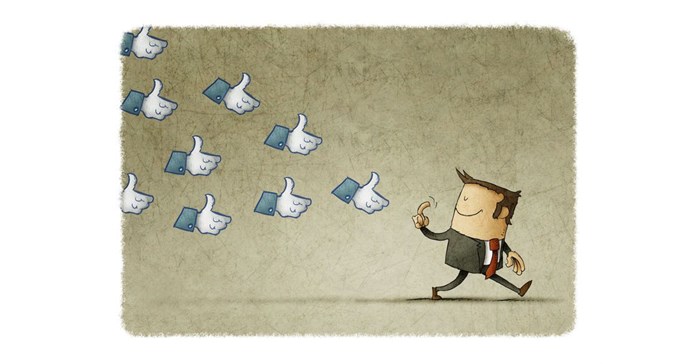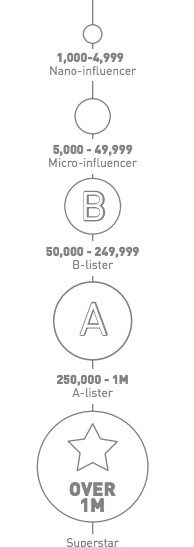Influencer marketing has gone beyond a trendy marketing fad, with both proponents and detractors often making unsubstantiated claims and counter-claims. With many recent reports of influencer fraud, bot or bought followers, and unrealistic expectations from both brands and the influencers themselves, it is clearly necessary to sort the fact from fiction.
Up until now, this has been nearly impossible to do, with anecdotal evidence dominating the discussion. However, it is only through looking at the real numbers, something that has not effectively been down before in South Africa, that it is possible to gauge and leverage the power of influencer marketing.
This research has finally been done by the newly launched start-up Humanz, whose software analyses not only influencer profiles, but all of their followers too, using natural language processing and image recognition paired with artificial intelligence, machine learning and deep learning, to understand variables such as gender, age, interest, activity and previous mentions of specific brands; a significant technological step-forward from the manual processes followed by most agencies and platforms.
Game-changer
When one starts looking at the numbers and digs into this research, it is clear that influencer marketing can not only be a reliable and trustworthy marketing tool, it can also be a game-changer when its understood properly, monitored and accessed accurately in regards to ROI.
Influencer marketing is the fastest growing marketing practice and media channel worldwide, expected to become a $10bn market by next year. 80% of marketers worldwide say that they plan to grow their influencer marketing spend in 2019, currently sitting on average somewhere between 4,3% and 7,6% of their total digital budget (source: eMarketer).
The benefits of influencer marketing overpaid media are well documented. In the USA, businesses have been making on average $6.50 for each $1 spent on influencer marketing, with the top 13% earning $20 or more (source: Tomoson). Furthermore, 60% of 18-34 years old in Africa say that their purchase decisions have been swayed by influencers on social media (source: eConsultancy).
Majority of South Africans are nano-influencers
In the recently published report, The State of Influencer Marketing in South Africa 2019, the Humanz team divides the SA influencer scene into specific categories based on their potential reach as per their followers on Instagram and Twitter.
Based on these breakdowns, the research indicates that there are 152,791 legitimate influencers on Instagram, and 69,488 on Twitter, keeping in mind that there are 63 influencers in SA with followings over 1 million, and 53 on Twitter.
The majority of influencers in South Africa have between 1-5,000 followers, making them so-called nano-influencers, with over 200,000 of these across the two platforms.
Two other key nuggets came out of the research:
1) the average influencer account has between 20% and 27% suspicious followers, considered of little to no value to marketers;
2) only 1 in 2 followers in SA is likely to turn into an actual impression, creating a significant gap between followers amount and actual reach.
Based on the information above, how should an agency look to utilise influencer marketing effectively? Most marketers would agree that it’s not the followers that matter – but rather the engagement. With that being the case, one of the most important outcomes of the research is the engagement rates amongst influencer categories.
Engagement rate highest amongst nano-influencers
The research shows that engagement rate is the highest amongst these nano-influencers, at over 10% compared to 2% or less at the top end.
Yet, most South African influencer campaigns have used celebrities or social stars selected based on their large number of followers. This has mainly been due to the difficulties and time-consuming nature of manually identifying, verifying, and working with smaller influencers.
However, engagement rates are, on average, inversely proportional to audience size on both Instagram and Twitter. Perhaps even more importantly, smaller influencers are also considered more trust-worthy and hence more likely to ‘influence.’
In order to transcend this status-quo, and create effective and truly engaging influencer marketing campaigns, marketers and agencies need to delve into the details behind the numbers and respond accordingly.
Humanz is officially launching in South Africa on 1 March, after successfully carrying out pilot projects with some of the largest agencies, brands and influencers locally.










































